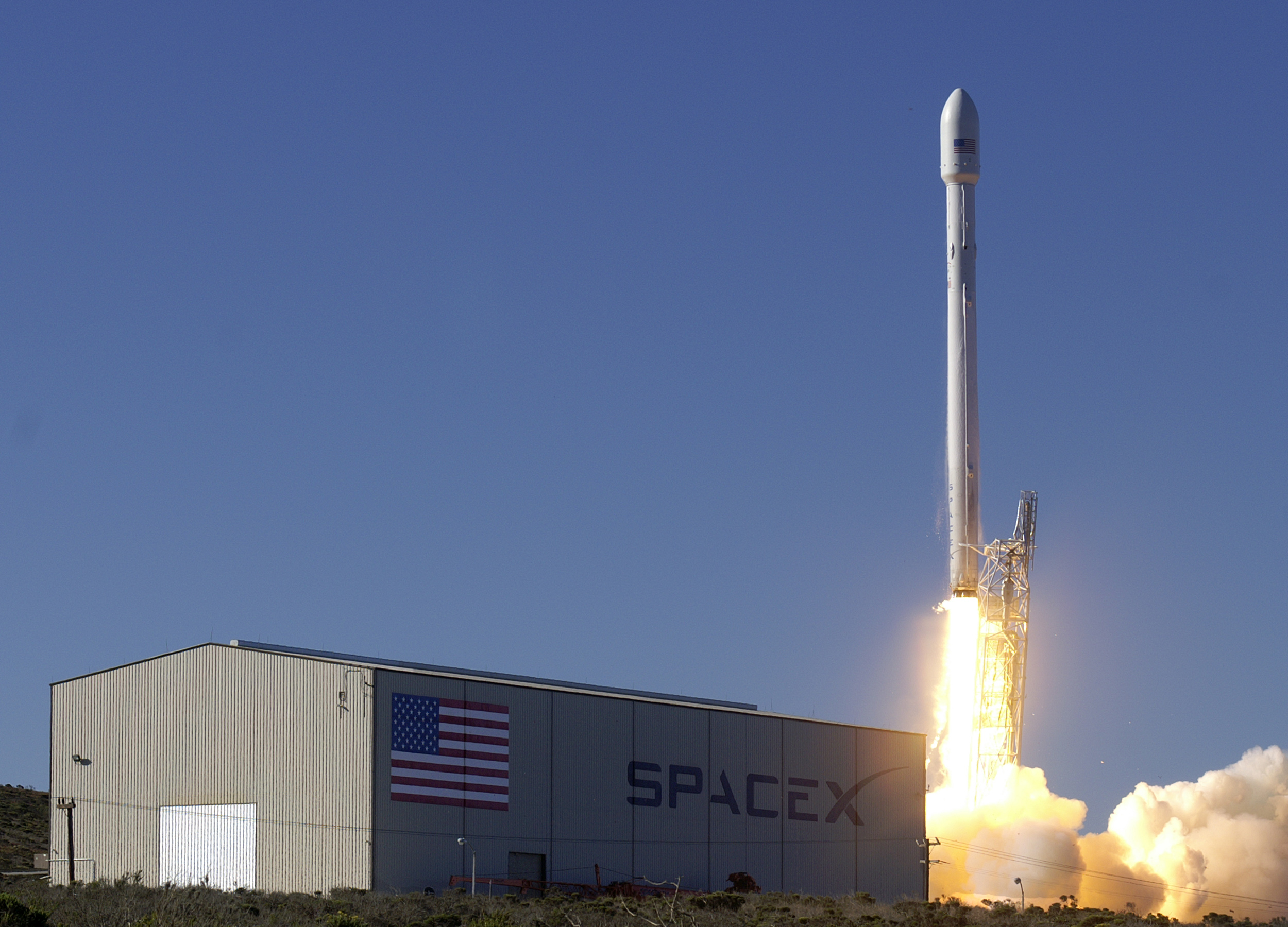

The pioneering private space enterprise, SpaceX, is expected to launch its Falcon 9 rocket from Vandenberg Air Force Base in California on Saturday.
The launch, which was initially scheduled for Monday, will be the first since a Falcon 9 rocket exploded while being fuelled on Sept. 1. The destroyed rocket was carrying a Facebook satellite intended to bring internet to remote areas of Africa.
Saturday’s craft will be loaded with 10 satellites from Iridium Communications, a provider of global voice and data communication. Iridium signed a $492 million contract with SpaceX in 2010 to put a group of 70 satellites into orbit. The constellation will replace the world’s largest commercial satellite network and provide new and more effective services, even allowing air-traffic controllers to monitor planes flying over vast oceans (preventing MH370-type scenarios).
SpaceX’s remarkable journey since being founded in 2002 has transformed the aerospace industry. NASA has contracted the company to fly resupply missions to the International Space Station, and it has successfully tested a reusable rocket system that is significantly cheaper than the NASA’s now-defunct shuttle program (and lands vertically – a world first). In September, the firm’s founder Elon Musk unveiled detailed plans to take humans to Mars, an even more remarkable feat if it can be achieved.
While Saturday’s launch is just one small step for SpaceX, the company’s success could represent a giant leap for mankind.
Simon is the founder of Foreign Brief who served as managing director from 2015 to 2021. A lawyer by training, Simon has worked as an analyst and adviser in the private sector and government. Simon’s desire to help clients understand global developments in a contextualised way underpinned the establishment of Foreign Brief. This aspiration remains the organisation’s driving principle.

